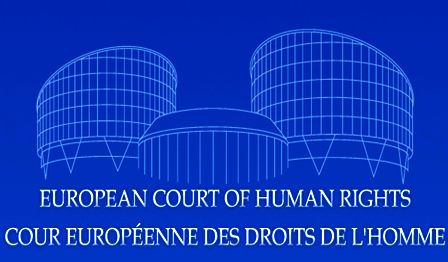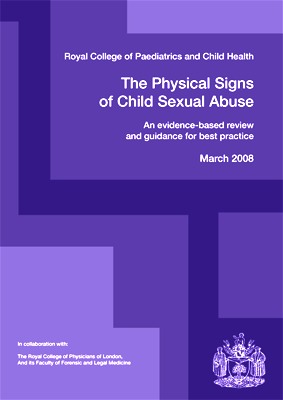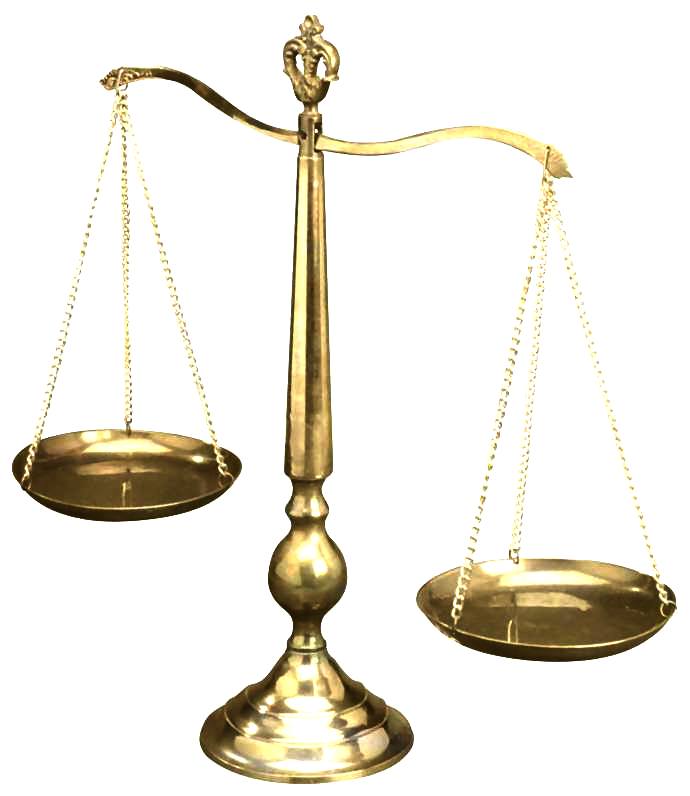|
|
|||||||||||||
|
WHOOPS - This is the document that Cramp & Co did not know about when defending a case between 2006 and 2008 - but would have discovered if they had challenged the medical evidence as instructed by their client. This could have led to an adjournment, and following specialist reports, dismissal of the case, on the assumption that appropriate applications would then have been made. The Crown's expert, Dr. Melanie Liebenberg, told the Court that a naturally occurring anatomical feature was suspicious. The above document reveals more than that little error, it also reveals that if the girl had been penetrated as claimed, there would have been physical evidence to back that up. When as a matter of fact the girl was "tightly closed and could not be opened with labial traction." Virginity tests should be mandatory in all cases where penetration is alleged. It's time for a change in the law to protect victims of false allegations. Children from single parent families are more prone to making false allegations - especially against departing (foster/step) parents, who they treat as disposable items against which to vent their frustrations at being abandoned by their biological fathers. Anyone legally aided in a British court is unlikely to receive a fair trial. There is no right of appeal in the UK contrary to SDG 16 of the United Nations sustainability goals. The Criminal Cases Review Commission appear to biased in the extreme where masons are involved.
HUMAN RIGHTS ACT - LIBERTY & SECURITY
According
to Article 5: Right to liberty and security
The scales of injustice - heavily weighted against the common man
Unfortunately, this is rarely the case where a rich man can easily issue instructions to a firm of solicitors and get instant results - good or bad - he gets instant results. Whereas a poor man inevitably experiences difficulty engaging a firm of solicitors, and even if he manages to get his foot in the door, the Legal Services Commission will then seek to strike out his application for public funding. The poor man does not get instant results, not even results in a reasonable timeframe.
You may care to agree that in the circumstances the: "Access to Justice Act" should properly be titled the "Cop Out Justice Act".
SUSSEX POLICE KNOWINGLY DEFYING ARTICLE 5:
How to get redress The Protection of Property Rights The Right Not to be Discriminated Against The Right of Free Expression The Right of Peaceful Protest The Right to Know The Right to Privacy The Rights of Defendents The Rights of Prisoners The Rights of Suspects The Rights of Travellers The Rights of Victims and Witnesses Further Information and Advice The Human Rights Act Liberty Website
UNIVERSAL DECLARATION OF HUMAN RIGHTS
EUROPEAN CONVENTION OF HUMAN RIGHTS
|
|||||||||||||
|
|


